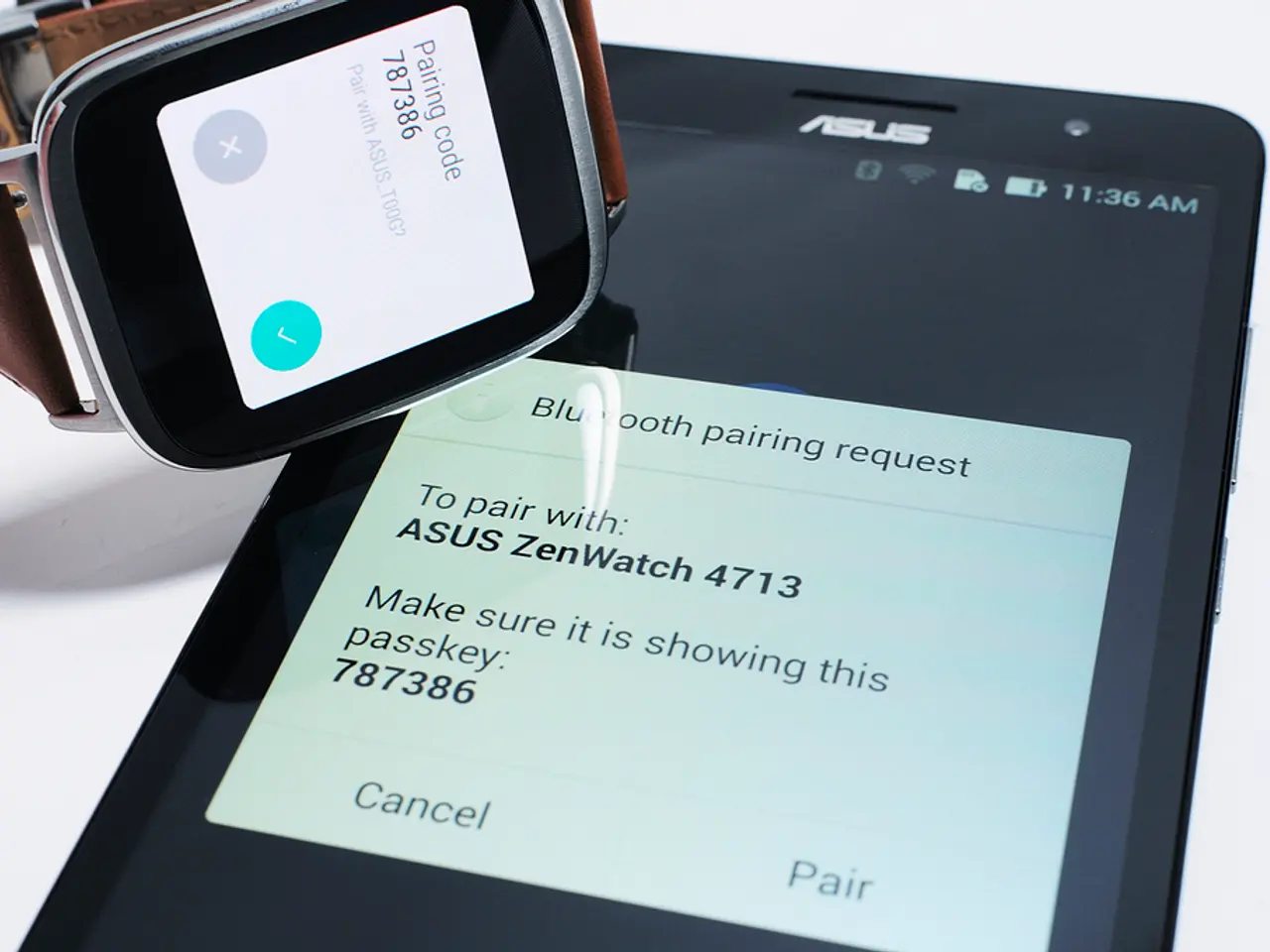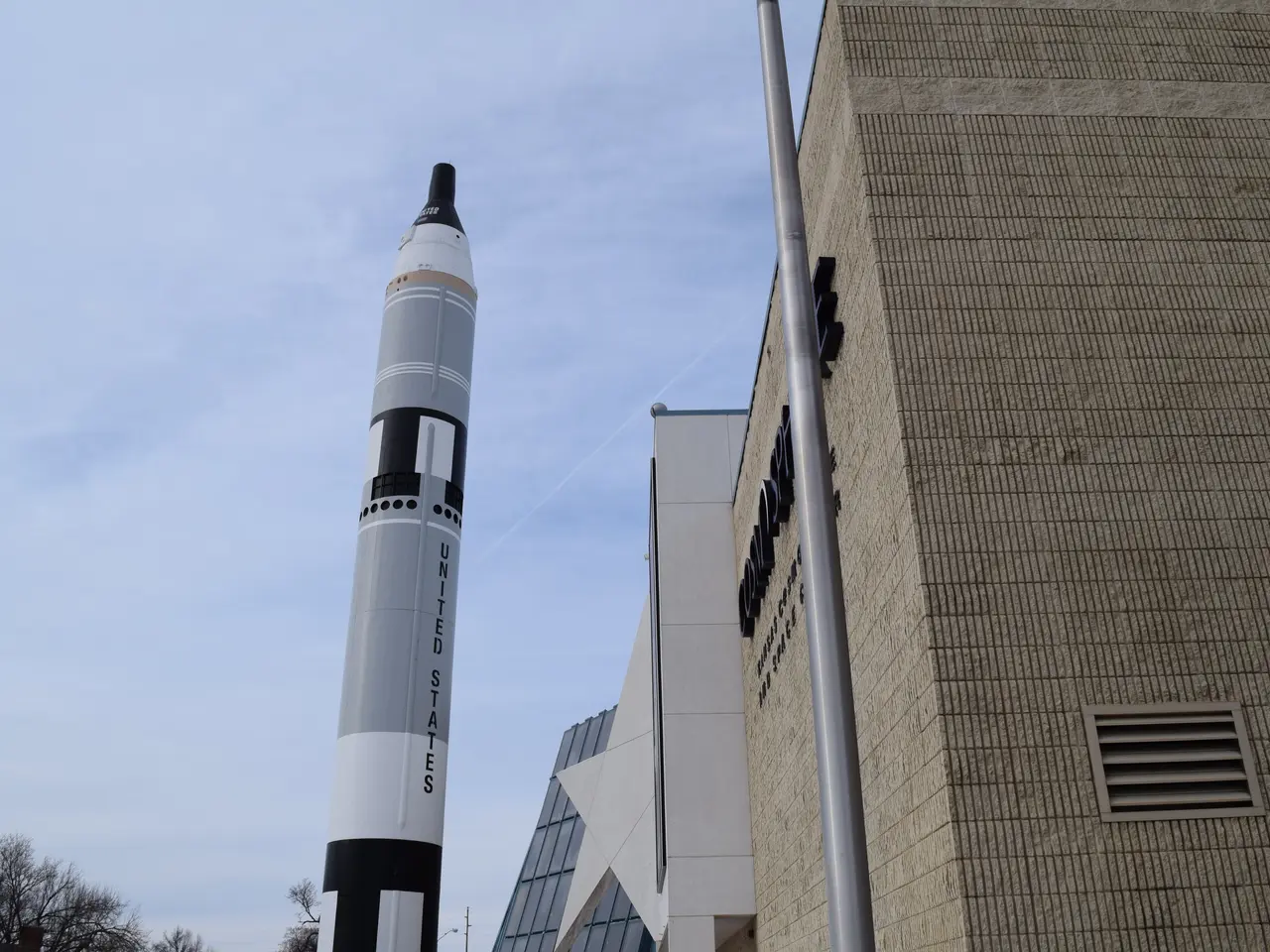Expanding domestic battery production is the focus of Asia's largest economy, with the Japanese government planning to invest approximately 240 billion yen in this sector.
In a significant move to bolster Japan's electrification efforts, the Japanese government has announced subsidies worth a total of $3.4 billion for domestic electric vehicle (EV) battery projects. These subsidies are aimed at supporting battery development for automotive giants Toyota Motor, Nissan, and Panasonic, as well as strengthening the battery supply chain.
The subsidies will support 12 projects for storage batteries and related equipment and facility development. The Japanese Ministry of Economy, Trade and Industry (METI) offers subsidies covering up to 30% of the capital expenditure (Capex) cost for large-scale battery energy storage systems. The Tokyo Metropolitan Government supplements this with a scheme that covers up to 50% of Capex for projects both within and outside Tokyo.
These subsidies aim to provide relief to domestic giants in their efforts to develop battery technologies and boost the economics and financial return of battery storage investments, which are critical for the EV and renewable energy sectors. The government’s introduction of the Long Term Decarbonisation Power Source Auction (LTDA) also helps provide a fixed 20-year revenue stream for energy storage projects, stabilizing project revenues and encouraging investment.
Additional market mechanisms have been opened up recently, including energy trading opportunities in balancing and wholesale markets as well as ancillary services markets, which further enhance the viability of battery projects.
Panasonic, a key player in the EV battery market, is set to produce the 4680 cylindrical lithium-ion cell at a new plant. The company also has partnerships with Mazda for developing cylindrical lithium-ion batteries and is collaborating with Subaru to reach a 16 GW battery factory capacity by 2030.
Toyota, on the other hand, is focusing on developing solid-state and next-generation high-performance batteries in Japan. The Japanese Ministry of Economy, Trade and Industry (METI) has approved Toyota's solid-state battery (SSB) technology for production in 2026. Toyota aims to solidify its SSB plan, which it first attempted in 2020 but did not go as planned. The company aims to reach a range of 1,000 km and fast-charging to 10 minutes with its solid-state battery ambition.
Nissan plans to launch a small EV using LFP batteries in 2028 and intends to enhance the supply chain by adding new facilities for LFP battery production.
These subsidies come in a global market where major players are shifting towards smaller electric and hybrid car projects. However, Japan's focus on battery development and manufacturing capacity increase aims to boost annual battery production and strengthen electrification efforts in Japan.
In summary, the Japanese government's subsidies for energy storage broadly include:
| Subsidy Source | Coverage | Purpose | |-------------------------------------|--------------------------------|-----------------------------------------------------| | METI subsidy | Up to 30% of Capex | Large-scale battery energy storage system projects | | Tokyo Metropolitan Government | Up to 50% of Capex | Battery energy storage projects inside/outside Tokyo| | Long Term Decarbonisation Auction | Fixed 20-year revenue stream | Stabilize revenues for energy storage developers |
These schemes indirectly support the EV battery ecosystem by promoting battery storage capacity and infrastructure development.
Technology plays a crucial role in the projects supported by the Japanese government's subsidies, as they focus on developing advancements such as solid-state and next-generation high-performance batteries by Toyota, and the production of cylindrical lithium-ion cells by Panasonic.
The subsidies also aim to encourage energy storage projects that will lead to technology advancements in the EV and renewable energy sectors, ultimately fostering a robust technology-driven electrification effort in Japan.




